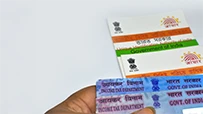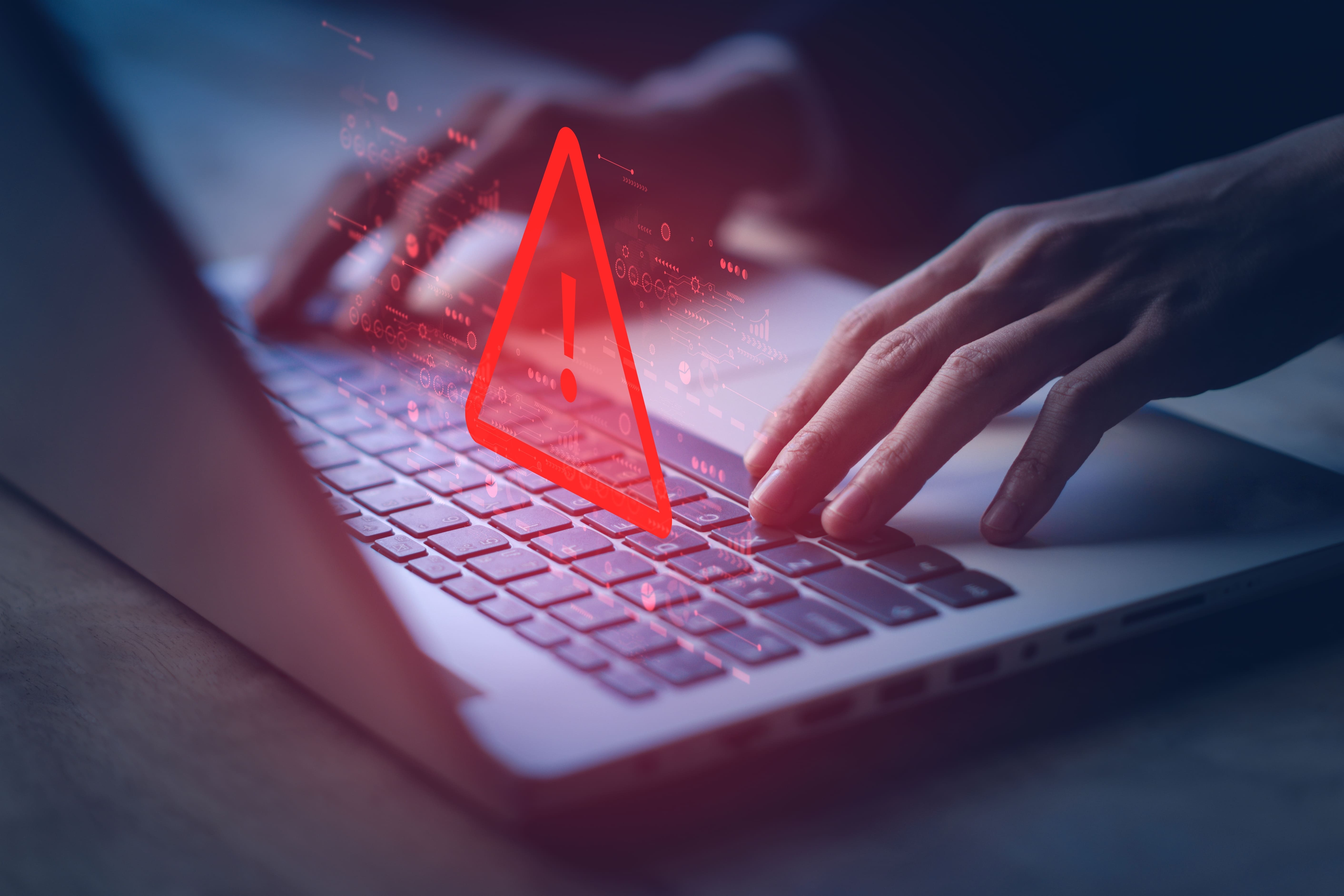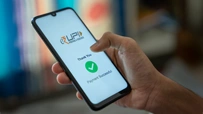Top 10 Common Uses of a Cancelled Cheque in Banking
Disclaimer: This blog is written for generic information only. Ujjivan SFB is not responsible for the accuracy of the information mentioned herein.
December 31, 2025

A cancelled cheque may look like a normal piece of paper with two lines and the word “Cancelled” written across it. But in Indian banking, it still plays an important role — it helps prove that a bank account belongs to you.
Banks, employers, and finance companies often need to confirm your account number, IFSC code, and branch. A cancelled cheque lets them do this safely. Because the cheque is marked “Cancelled,” no one can use it to take money from your account.
You may need a cancelled cheque for things like setting up loan EMIs, opening a trading account, or starting an SIP. Even though many services now verify details online, having a few cancelled cheques ready can still save you time.
What Details a Cancelled Cheque Confirms?
A cancelled cheque cannot be used to withdraw money, but it still shows important information printed by your bank:
Since these details are printed, they’re more reliable than handwritten notes. You don’t need to sign the cheque — just write “Cancelled” clearly across it.
Top 10 Common Uses of a Cancelled Cheque
A cancelled cheque is often used for account verification. Here are ten common reasons why you may be asked for one:
1.Electronic Clearing Service (ECS) or Auto-Debit Mandate
When you set up auto payments for EMIs, insurance, or utility bills, a cancelled cheque helps confirm your account number and IFSC code.
2.Demat or Trading Account Opening
Stockbrokers or depository participants use a cancelled cheque to link your bank account to your Demat or trading account. This ensures dividends and refunds go to the right account.
3.Initial Public Offering (IPO) Applications
Some IPOs may ask for a cancelled cheque to confirm your bank account for refunds or share allotments. While many platforms now verify details digitally, it’s still accepted as valid proof.
4.Mutual Fund Investments (SIP or Lump Sum)
Asset management companies often ask for a cancelled cheque to confirm your bank account before setting up SIP payments or redemptions. Some now use online verification instead.
5.Loan Applications
When you apply for a loan, banks may request a cancelled cheque to verify your account for EMI deductions.
6.Employees’ Provident Fund (EPF) Withdrawal or Transfer
Earlier, the EPFO required a cancelled cheque to confirm your bank account for withdrawals.
But since April 2025, EPFO has made the process easier — if your bank account is already linked with your UAN, you no longer need to upload a cheque.
7.Insurance Claim or Maturity Payout
Insurance companies may ask for a cancelled cheque to confirm your account for claim settlements or maturity payments. This helps avoid errors and delays.
8.Salary Account Setup by Employers
When joining a new company, you might be asked for a cancelled cheque so that your salary is credited to the correct bank account.
9.Bank Account Opening (Certain Cases)
Most banks now use Aadhaar and PAN-based eKYC, but some still ask for a cancelled cheque when opening current accounts or business accounts.
10.EMI or NACH Mandate Registration
Finance companies may use a cancelled cheque while registering a National Automated Clearing House (NACH) mandate. This allows automatic EMI payments. However, digital NACH setups through eSign or Aadhaar now often make cheques optional.
Safety Tips When Sharing a Cancelled Cheque
A cancelled cheque is safe when handled properly. Follow these simple rules:
Final Thoughts
A cancelled cheque is a small piece of paper that still plays a big role in everyday banking. From opening accounts to confirming pay-out details, it continues to assist in many financial tasks.
Even though digital verification is replacing paper cheques in several areas, keeping a few cancelled cheques ready can save time. With simple precautions, it remains a safe and convenient way to prove your bank account details.
Disclaimer:
The contents herein are only for informational purposes and generic in nature. The content does not amount to an offer, invitation or solicitation of any kind to buy or sell, and are not intended to create any legal rights or obligations. This information is subject to updation, completion, amendment and verification without notice. The contents herein are also subject to other product-specific terms and conditions, as well as any applicable third-party terms and conditions, for which Ujjivan Small Finance Bank assumes no responsibility or liability.
Nothing contained herein is intended to constitute financial, investment, legal, tax, or any other professional advice or opinion. Please obtain professional advice before making investment or any other decisions. Any investment decisions that may be made by the you shall be at your own sole discretion, independent analysis and evaluation of the risks involved. The use of any information set out in this document is entirely at the user’s own risk. Ujjivan Small Finance Bank Limited makes no representation or warranty, express or implied, as to the accuracy and completeness for any information herein. The Bank disclaims any and all liability for any loss or damage (direct, indirect, consequential, or otherwise) incurred by you due to use of or due to investment, product application decisions made by you on the basis of the contents herein. While the information is prepared in good faith from sources deemed reliable (including public sources), the Bank disclaims any liability with respect to accuracy of information or any error or omission or any loss or damage incurred by anyone in reliance on the contents herein, in any manner whatsoever.
To know more about Ujjivan Small Finance Bank Products Visit:"https://www.ujjivansfb.bank.in"
All intellectual property rights, including copyrights, trademarks, and other proprietary rights, pertaining to the content and materials displayed herein, belong
to Ujjivan Small Finance Bank Limited or its licensors. Unauthorised use or misuse of any intellectual property, or other content displayed herein is strictly prohibited and the same is not intended for distribution to, or use by, any person in any jurisdiction where such distribution or use would (by reason of that person’s nationality, residence or otherwise) be contrary to law or registration or would subject Ujjivan Small Finance Bank Limited or its affiliates to any licensing or registration requirements.
FAQs
1. Why is a cancelled cheque needed if I can share account details online?
Some institutions still prefer a cancelled cheque because the details are bank-printed and verified, reducing the risk of errors.
2. Is it safe to give a cancelled cheque without a signature?
Yes. Once you write “Cancelled” on it and leave it unsigned, it can’t be used to withdraw or transfer funds.
3. Can someone misuse a cancelled cheque?
No one can withdraw money using it, but your account details are visible, so only share it with trusted organisations.
4. How many cancelled cheques should I keep?
Keeping 5 to 10 cancelled cheques handy is enough for most financial needs.
5. Can I submit a photocopy or scanned copy instead of the original?
Some banks and companies accept digital copies, but others ask for the original. Always confirm first.
6. Is there any fee for a cancelled cheque?
No. Cancelled cheques come from your regular cheque book. You only use one cheque leaf and write “Cancelled” on it.
7. Can I use a cancelled cheque from a closed account?
No. The cheque must be from an active bank account, or it won’t be valid for verification.
8. Are cancelled cheques needed for EPF withdrawals in 2025?
Only if your UAN-linked bank account is not verified. Otherwise, the EPFO online system removes the need for a cheque.
9. Do online loan apps still ask for cancelled cheques?
Most regulated apps and NBFCs now use digital KYC and net banking verification, but some may still ask for one as backup proof.
10. Can a cancelled cheque be reused?
No. Each cancelled cheque should be used for one purpose only, as institutions may keep it on file.








